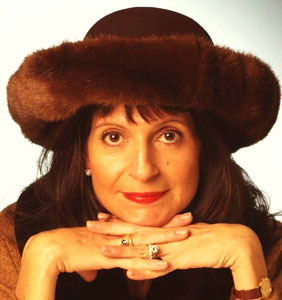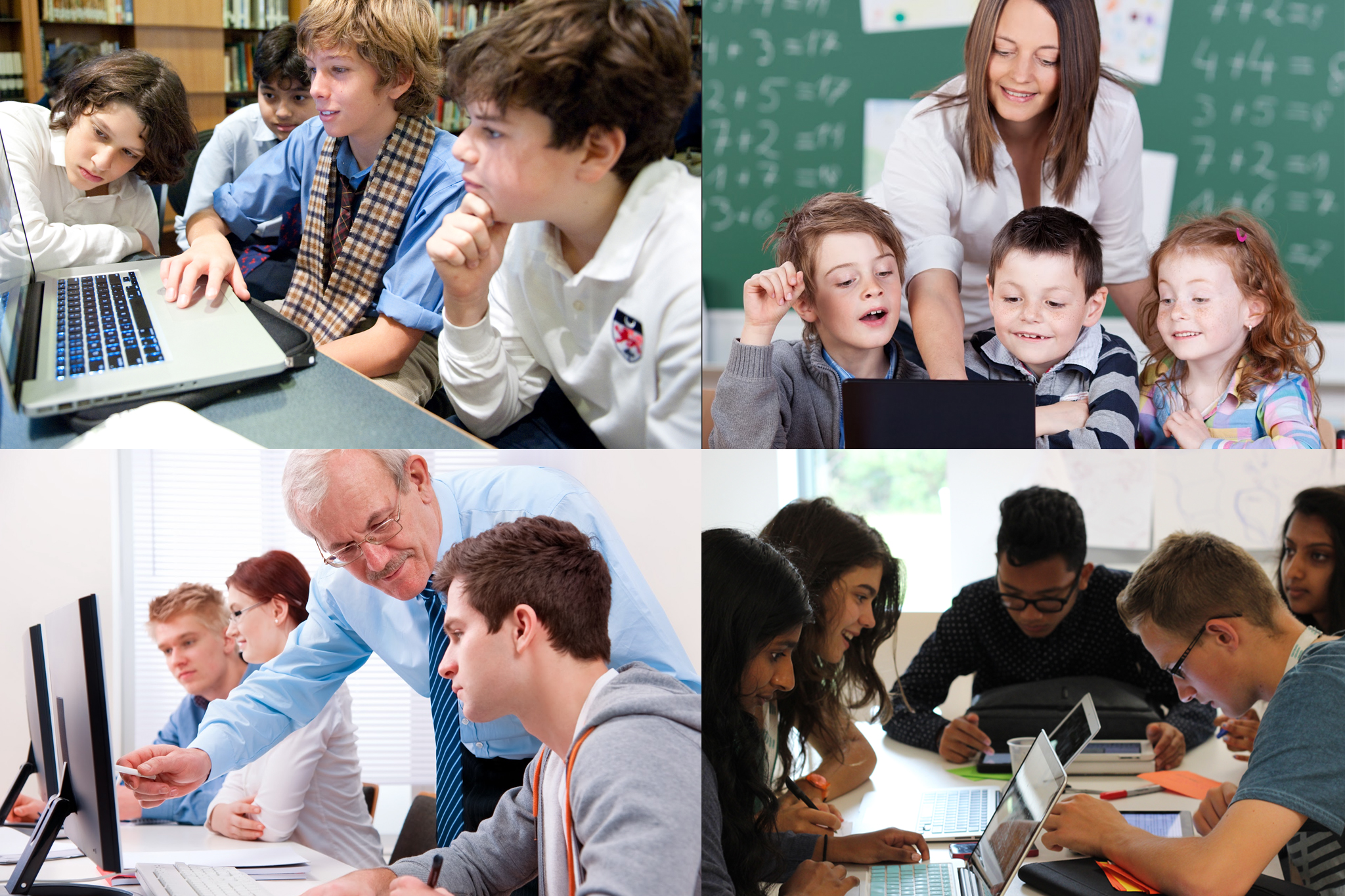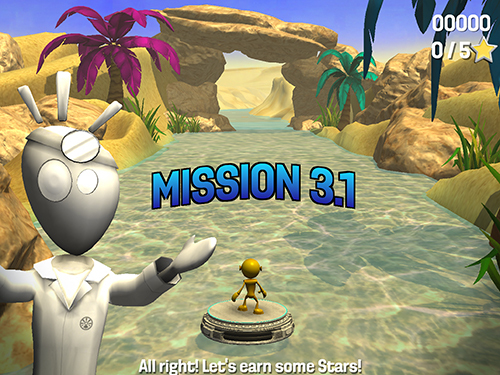
Nos pensées et nos prières sont avec nos amis à Paris. Il est difficile de penser à d’autre choses que les innocents qui ont perdu leurs vies. L’éducation peut jouer une rôle essentielle dans la construction de communautés mondiales. Nous continuerons à travailler pour les valeurs que nous chérissons.
At the IB Heads World Conference in The Hague, Peter Senge discussed with me the “Education Renaissance,” sharing both successful learning strategies and the setbacks to be considered when creating innovative change. Ben Nelson, the founder, Chairman and CEO of Minerva, explained the virtues of his company’s new approach to higher education versus the traditional education models. In our Just Imagine Schools of the Future series, John Martin, CEO of Sanoma Learning, offered an inspiring vision for the decades ahead, while Harvard’s Dr. Tony Wagner and entrepreneur/filmmaker Ted Dintersmith kept more good ideas coming. Eddie Martucci, co-founder and CEO of Akili, talked about the newest research on a video game that trains your brain to ignore distractions and stay focused, and finally, my amazing Top 12 Global Teacher Bloggers had the last word on which top games really help students learn.
Our purpose in education “is to grow people and to help society evolve,” notes Peter Senge. In our interview, Senge reminds us of education’s strong potential to influence, given its “50 to 70 year time horizon,” and he advocates for more “depth of understanding, the appreciation of interdependency and collaboration, and reconnecting head, heart and hand.”
Is the traditional campus life for everyone? Minerva Schools founder Ben Nelson says Minerva students are using the real world as their campus, enabling a larger focus on the 4 C’s (Critical Thinking, Creativity, Collaboration and Communication). He hopes his innovative 21st century model of higher ed will be “a catalyst for global change” by producing great thinkers and doers for a fraction of the price.
CEO of Sanoma Learning, John Martin, predicts technology will play a huge role in personalized learning. Martin says as tech continues to automate workflows, it will free up teachers to be the “killer app” in education – “better skilled and more confident than today in deploying technology.” Wonderful foresights on a diverse range of future school questions were shared by Harvard’s Tony Wagner and “Most Likely to Succeed” filmmaker, Ted Dintersmith. We particularly liked Wagner’s healthier child focus, predicting students will be learning to manage stress through regular classes in meditation, yoga, tai chi, etc.
Pilot study results on Akili’s Project EVO, the mobile game platform that trains your brain to ignore distractions, revealed the game improved attention and working memory in pediatric Attention Deficit Hyperactivity Disorder (ADHD). Akili CEO Eddie Martucci plans a larger study in the near future aimed at further showing the benefits for children with ADHD.
What do the Top 12 Global Teacher Bloggers think about games as learning tools? Our teachers have hands-on experience to share about many different kinds of games. For example, Todd Finley believes “games unite many of the most powerful initiatives in education: problem based learning, brain-based strategies, technology, collaboration, inquiry, and student engagement,” while Vicki Davis explains that “not all games are created equal,” but when teachers use games to “spark higher-order thinking, then the games themselves can level up and so can learning.”
Nous souhaitons à tous nos amis partout dans le monde une joyeuse et tranquille période des fêtes
(Photo montage is courtesy of G. R. Rubin)

Join me and globally renowned thought leaders including Sir Michael Barber (UK), Dr. Michael Block (U.S.), Dr. Leon Botstein (U.S.), Professor Clay Christensen (U.S.), Dr. Linda Darling-Hammond (U.S.), Dr. MadhavChavan (India), Professor Michael Fullan (Canada), Professor Howard Gardner (U.S.), Professor Andy Hargreaves (U.S.), Professor Yvonne Hellman (The Netherlands), Professor Kristin Helstad (Norway), Jean Hendrickson (U.S.), Professor Rose Hipkins (New Zealand), Professor Cornelia Hoogland (Canada), Honourable Jeff Johnson (Canada), Mme. Chantal Kaufmann (Belgium), Dr. EijaKauppinen (Finland), State Secretary TapioKosunen (Finland), Professor Dominique Lafontaine (Belgium), Professor Hugh Lauder (UK), Lord Ken Macdonald (UK), Professor Geoff Masters (Australia), Professor Barry McGaw (Australia), Shiv Nadar (India), Professor R. Natarajan (India), Dr. Pak Tee Ng (Singapore), Dr. Denise Pope (US), Sridhar Rajagopalan (India), Dr. Diane Ravitch (U.S.), Richard Wilson Riley (U.S.), Sir Ken Robinson (UK), Professor Pasi Sahlberg (Finland), Professor Manabu Sato (Japan), Andreas Schleicher (PISA, OECD), Dr. Anthony Seldon (UK), Dr. David Shaffer (U.S.), Dr. Kirsten Sivesind (Norway), Chancellor Stephen Spahn (U.S.), Yves Theze (LyceeFrancais U.S.), Professor Charles Ungerleider (Canada), Professor Tony Wagner (U.S.), Sir David Watson (UK), Professor Dylan Wiliam (UK), Dr. Mark Wormald (UK), Professor Theo Wubbels (The Netherlands), Professor Michael Young (UK), and Professor Minxuan Zhang (China) as they explore the big picture education questions that all nations face today.
The Global Search for Education Community Page
C. M. Rubin is the author of two widely read online series for which she received a 2011 Upton Sinclair award, “The Global Search for Education” and “How Will We Read?” She is also the author of three bestselling books, including The Real Alice in Wonderland, is the publisher of CMRubinWorld, and is a Disruptor Foundation Fellow.
Follow C. M. Rubin on Twitter: www.twitter.com/@cmrubinworld





Recent Comments